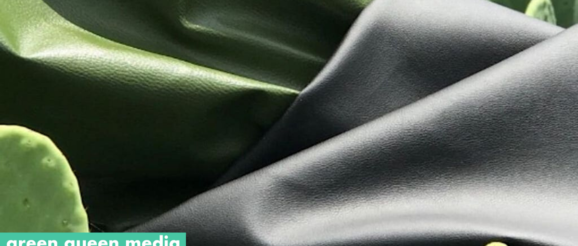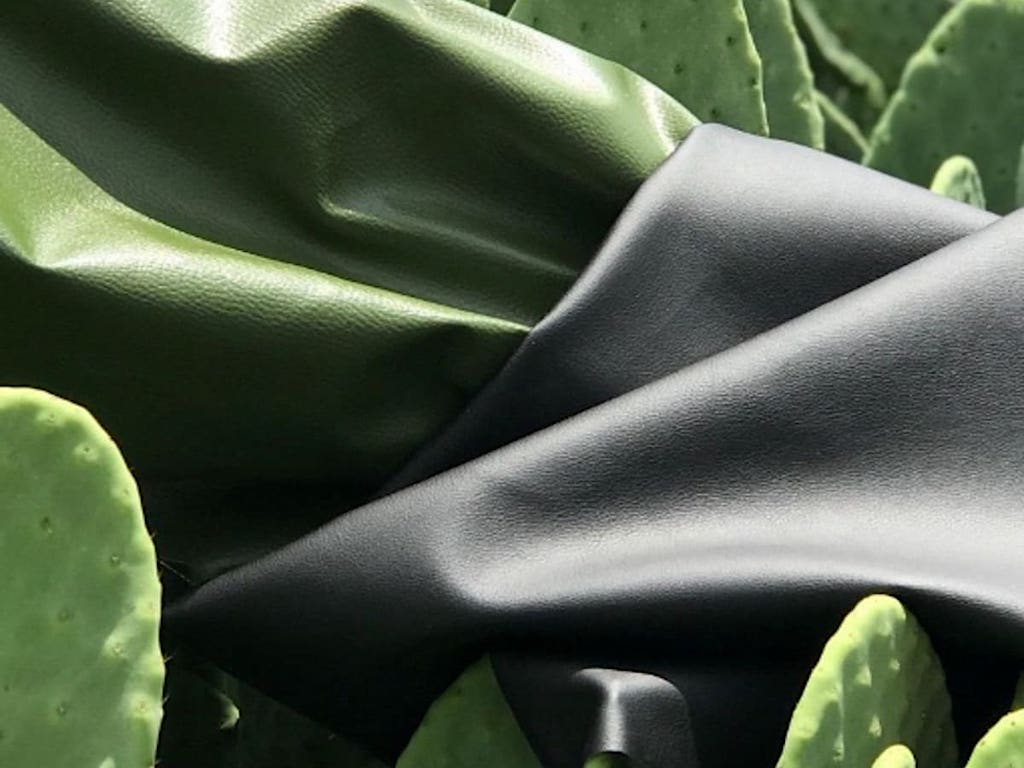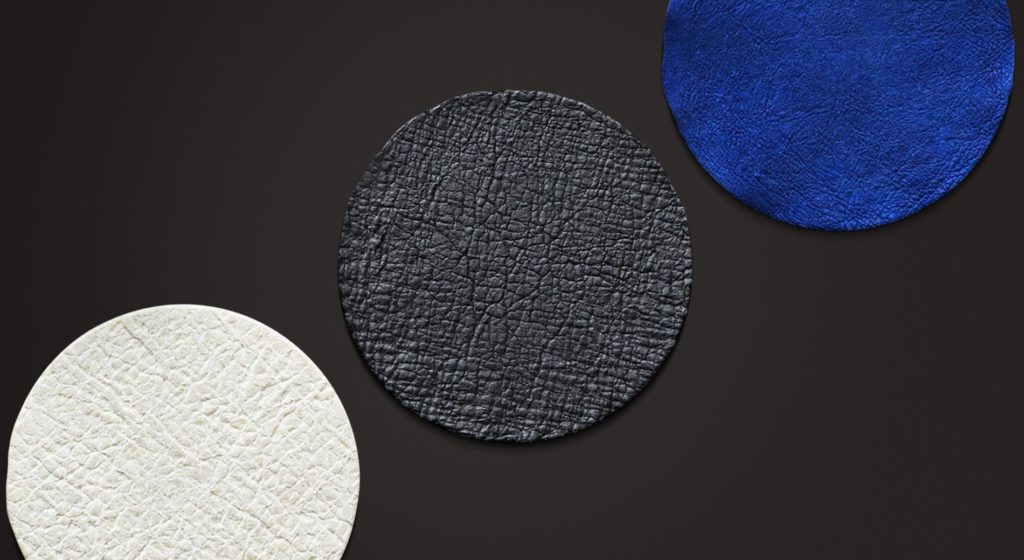New MII Initative To Fast-Track Sustainable Vegan Textile & Material Innovation


Mins Read
A newly launched nonprofit organisation, Material Innovation Initiative (MII), aims to accelerate innovation in the sustainable and vegan material space. From plant-based ingredients to lab-grown technology, the MII hopes to be able to fast-track the development of these new materials that can be used in a range of industries, including fashion, furniture and automotive sectors.
Founded by two veterans in the plant-based world, Stephanie Downs, who previously co-founded India-based vegan meat company Good Dot, and Nicole Rawling, the former director of international engagement at the Good Food Institute (GFI), the MII is a newly formed group working with scientists and entrepreneurs to bring new improved materials.
While consumer demand for alternative and more sustainable products has prompted greater innovation in animal-free materials, the founders saw that many of these were petroleum-based synthetic materials, which means they are manufactured using fossil fuels and tend to be non-biodegradable.
According to MII, shoppers are actively looking for these solutions, with 90% of Gen-Z consumers believing that companies have a responsibility to address environmental problems, and 55% of all consumers seeking leather alternatives due to both concerns about animal welfare and the impact on the environment.
Seeing a gap between existing material solutions and the strong market interest in both sustainable and cruelty-free products, the MII hopes to be able to accelerate the growth of new green alternatives that can help transform the fashion, automotive, and home goods industries.

“There are only a few dozen plant based or lab grown leathers and a handful or less each of silk, wool, down, fur, and exotic skins,” explained Rawling in a recent interview.
MII will operate using the same strategies that helped drive the extraordinary growth of vegan meats into the mainstream market, and will importantly support currently under-explored areas such as biological plant-based materials such as mycelium, and lab-grown leather or silk based on cellular agriculture.
Some of the companies featured by MII include Piñatex, a natural leather alternative alternative made from cellulose fibres derived from pineapple leaves, Orange Fiber, a silky fabric made from citrus juice by-products, and slaughter-free leather grown from stem cells developed by tissue-engineering platform VitroLabs.

“We’re bringing together scientists and entrepreneurs to provide brands with the technical insights and expert support they need. Together we can meet sustainability goals and embrace new materials that consumers—and the planet—are demanding,” said Rawling.
MII will additionally work on providing information to educate the fashion industry in particular to understand the new material technologies that are being developed. Currently, there exists no life cycle analyses that compare next-generation materials directly with conventional animal-based fabrics in the mainstream market, so relatively few businesses have yet to be able to truly understand the significant benefits of alternative sustainable materials.
The organisation therefore hopes to be able to attract funding to be able to conduct life cycle analyses, and to also encourage individual businesses to invest in independent studies to confirm the reduced environmental impact of “2.0” materials.
Lead image courtesy of DESSERTO.
The post New MII Initative To Fast-Track Sustainable Vegan Textile & Material Innovation appeared first on Green Queen.
